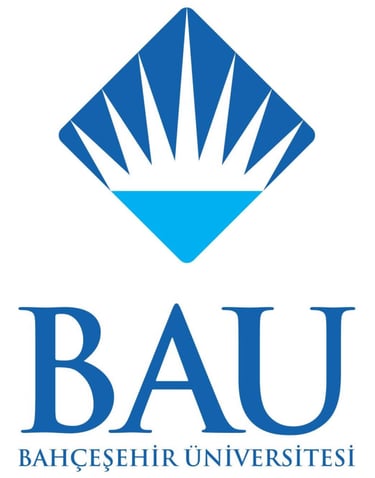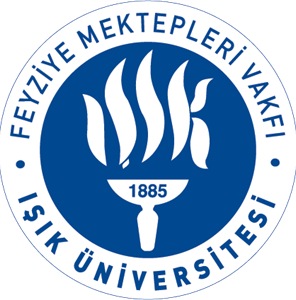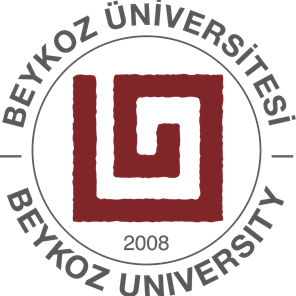
MAY 2025
Intake

Why Study in Turkey?
Affordable Tuition Fees: Turkish universities offer affordable tuition rates compared to Western countries.
High-Quality Education: Turkey has numerous universities ranked among the best globally, offering English-taught programs.
Cultural Experience: A blend of European and Asian cultures provides a unique cultural immersion.
Scholarship Opportunities: The Turkish government and universities offer various scholarships for international students.
Safe and Welcoming Environment: Turkey is known for its hospitality and student-friendly environment.
Popular Universities in Turkey
Middle East Technical University (METU)
Bilkent University
Koç University
Sabancı University
Istanbul University
Hacettepe University
Boğaziçi University
Popular Courses for Pakistani Students
Medicine and Healthcare
Engineering (Mechanical, Civil, Electrical, etc.)
Computer Science and Information Technology
Business Administration and Economics
Social Sciences and Humanities
Architecture and Design
Language of Instruction
English Programs: Many universities offer English-taught programs, especially at the postgraduate level.
Turkish Language Programs: For programs in Turkish, students may need to pass a Turkish language proficiency test or attend a preparatory language course.
Admission Process for Turkish Universities
Research Universities and Courses:
Choose universities offering programs that match your interests.
Eligibility Requirements:
High school certificate (for undergraduate programs).
Bachelor’s degree (for master’s programs).
Master’s degree (for PhD programs).
Valid IELTS/TOEFL scores for English-taught programs.
Entrance Exams:
Some universities require entrance exams like SAT, GRE, or GMAT.
For medical programs, additional tests like YÖS may be needed.
Application Submission:
Submit applications online through the university’s portal.
Attach required documents (e.g., transcripts, certificates, SOP, recommendation letters).
Application Fee:
Pay the non-refundable application fee, if applicable.
Admission Letter:
Receive your admission letter if selected.
Scholarship Opportunities
Türkiye Scholarships (Turkiye Burslari):
Fully funded scholarships covering tuition, accommodation, airfare, and a monthly stipend.
Open for undergraduate, master’s, and PhD programs.
University-Specific Scholarships:
Many Turkish universities offer partial or full tuition fee waivers for outstanding students.
Research Grants:
Available for postgraduate and PhD students conducting specific research projects.
Study Visa Process
Visa Application Requirements:
Passport valid for at least 6 months.
Admission letter from a Turkish university.
Proof of financial support.
Health insurance.
Visa application form (downloaded from the Turkish consulate website).
Payment of the visa fee.
Submission:
Apply at the Turkish consulate or embassy in Pakistan.
Processing Time:
Typically 4-8 weeks.
Residence Permit:
Upon arrival in Turkey, apply for a residence permit at the local migration office.
Accommodation Options
University Dormitories:
Affordable on-campus housing for international students.
Private Hostels:
Off-campus, budget-friendly options.
Renting Apartments:
Shared or private apartments in cities like Istanbul, Ankara, or Izmir.
Living Costs:
Accommodation costs range between $150-$500 per month.
Average monthly expenses (food, transport, utilities) range from $300-$600.
Estimated Costs for Studying in Turkey
Tuition Fees:
Public Universities: $400 - $1,500 per year.
Private Universities: $5,000 - $20,000 per year.
Living Costs:
Average monthly living expenses: $400 - $700.
Health Insurance:
Approximately $100 - $300 per year.
Part-Time Work Opportunities
International students are allowed to work part-time for up to 24 hours per week.
Opportunities include:
On-campus jobs.
Freelance and remote work (e.g., tutoring, writing).
Pre-Departure Checklist
Obtain your student visa.
Arrange accommodation in advance.
Ensure all required documents are translated and attested.
Pack according to Turkey’s climate (seasonal clothing).
Carry sufficient funds and a currency exchange card.
Download maps and guides of the city you’re traveling to.
Key Tips for Pakistani Students
Cultural Adaptation:
Learn basic Turkish phrases for day-to-day interactions.
Health and Safety:
Enroll in student health insurance.
Follow safety guidelines and keep emergency contacts handy.
Networking:
Join Pakistani student groups in Turkey for support.
Academic Preparation:
Familiarize yourself with the education system and grading methods.
Support Services
Pre-Departure Guidance:
Assistance with applications, scholarships, and visa processes.
Post-Arrival Support:
Help with settling in, residence permit applications, and finding accommodation.
Final Thoughts
Studying in Turkey is an enriching opportunity for Pakistani students. With affordable education, a welcoming environment, and diverse academic programs, Turkey offers an ideal destination to pursue higher education. Start planning early, apply for scholarships, and follow the guidance provided in this blog to make your journey smooth and successful.
Essential Information for Studying in the Turkey
Studying in Turkey offers Pakistani students a chance to access high-quality education, experience a rich cultural heritage, and gain global exposure. Below is detailed information that every Pakistani student must know when planning to study in Turkey.
MEQAT STUDY CONSULTANTS
© 2024. All rights reserved.
STUDY DESTINATIONS
USEFUL LINKS
CAS Preparation
Accommodation Abroad
Work Permit After Studies
Visa Process Guide
Pre-Departure Information
Head Office!
M 1-4, Mezzanine Floor, Jeddah Centre, Raja Gahazanffar Ali Rd, Saddar, Karachi, Pakistan
ceo@meqatstudyconsultants.com
Our Offices: KARACHI | LAHORE | ISLAMABAD | Bahawalpur








